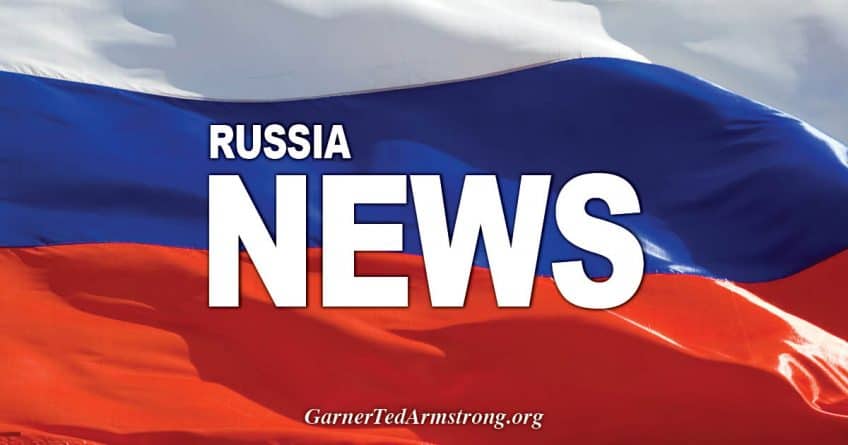
Communist party supporters carry portraits of Soviet founder Vladimir Lenin, left, and Soviet dictator Josef Stalin during a demonstration marking the 100th anniversary of the 1917 Bolshevik revolution in Moscow, Russia, Tuesday, Nov. 7, 2017. Thousands of Communist demonstrators marked the centennial of the 1917 Bolshevik revolution Tuesday by marching across downtown Moscow. (AP Photo/Alexander Zemlianichenko)
A band of political radicals seized the reins of power in post-tsarist Russia a century ago this week, installing Vladimir Lenin as their first leader and setting in play some of the forces that made the 20th century the bloodiest in human history.
It’s hard, in fact, to imagine just how different today’s world would be had Lenin and his comrades failed in their coup and had the Soviet Union never been established.
World War I likely would have ended about the same way, but the politics of Europe would have played out much differently, especially after the murderous Josef Stalin succeeded Lenin.
These are subjects for idle speculation since, obviously, Stalin did succeed Lenin, and the Soviet Union persevered until 1991. Despite its inherent flaws as a political system, communism spread globally. Mongolia was first (aided by Russian troops) in 1921 but was followed over time by China, Vietnam, North Korea, Angola, Congo and Cuba, among others.
Throughout, communism enabled brutal totalitarians — Stalin’s reign of terror killed millions through forced collectivization of agriculture and ethnic cleansing programs, as well as the execution of perceived rivals, political heretics and resisters.
How else do the Bolsheviks echo today? Through the communist regimes that remain (in various forms), from Cuba to Vietnam to China. And in Americans’ almost Pavlovian distrust of government-led communal action, left over from the Cold War. Never mind that such things as pooled-risk insurance, the national park system, Interstate freeways and all manner of other government services we rely on are born of the recognition that shared risk and shared wealth can in many instances provide broad benefits for all without threatening individual liberty.
But the Bolsheviks also echo through the anguished screams of the executed, the whimperings of the starving, the remembered betrayals of neighbors and relatives for the sake of the party. And they echo in the reminder that democracy lives and dies on the faith and willingness of the people to embrace and sustain it. As Hitler’s political rise in a democratic Germany taught us, even democracy is not safe from totalitarianism. So maybe the rise of the Bolsheviks echoes loudest in its warning of how precarious democracy can be.
[Disclaimer]









